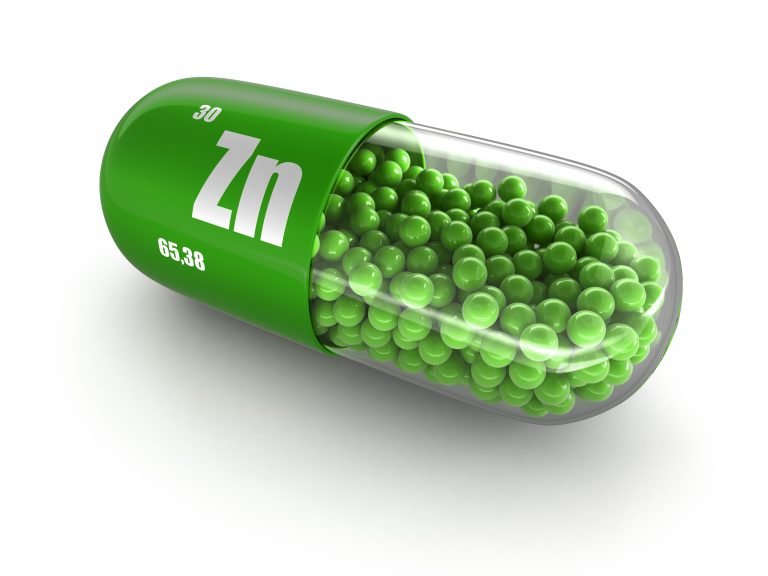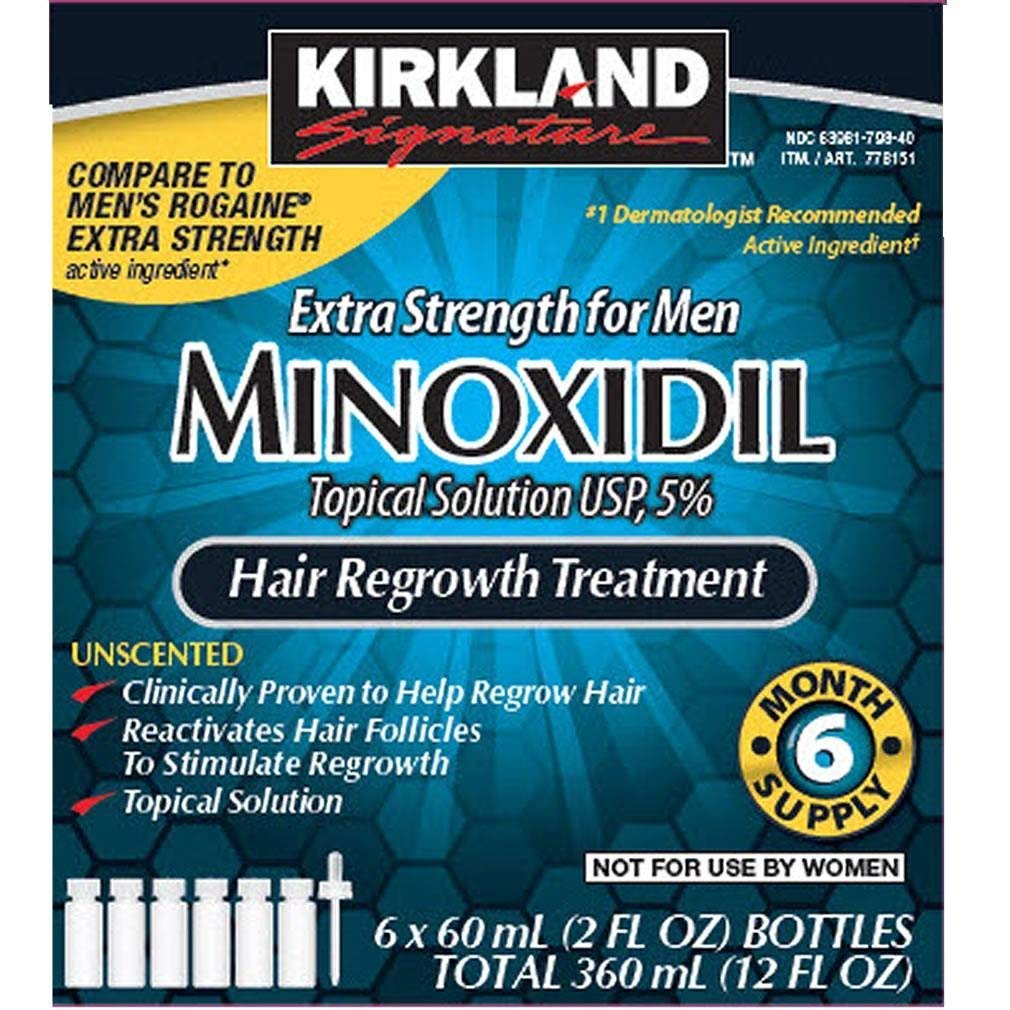
Page Contents
If you are having hair loss issues, there is a chance that it might be due to too little or excessive zinc in your diet. Several scientific studies have linked the levels of zinc in the body with hair loss. Zinc is also essential for some of the functions of the body. This creates a need to maintain a balance of the nutrient in the body at all times.
What is Zinc?
Zinc is a trace element. This means that the concentration of zinc in the body is low. Although zinc is essential in carrying out a lot of activities in the body, it is only required in small quantities. Some of the vital processes that need zinc in the body include;
- Production of hormones,
- Cell reproduction,
- Absorption of vitamins and some other minerals,
- Protein synthesis etc.
When the levels of zinc in the body are not enough to satisfy its needs, this is a case of zinc deficiency. This condition is also called hypozincemia. Hypozincemia can lead to more severe conditions. Some of these conditions include:
- Diarrhea,
- Sickle cell disease,
- Diabetes,
- Liver disease,
- Renal disease,
- Cancer, and several other conditions.
Vitamin A and D deficiency is a common effect of Zinc deficiency. This is because the mineral is highly involved in the absorption of both vitamins. A major sign of vitamin D deficiency is hair loss. Other symptoms of vitamin D deficiency include skin lesions, diarrhea, and psoriasis.
Some studies have also linked the deficiency of vitamin D to acne. When untreated and left for long, zinc deficiency can lead to weight loss, pneumonia, impairment of motor functions etc.
In children, zinc deficiency can also cause the impairment of cognitive function and distressed gestation in pregnant women. Anorexics, alcoholics, and elderly people are the most prone to zinc deficiency. People on restricted diets might also have problems with zinc deficiency. Conditions that make nutrient absorption difficult, like Crohn’s disease, can also cause zinc deficiency.
As much as zinc deficiency is not good for the body, having excess zinc in the body can also lead to undesirable conditions.

Zinc for Hair Loss
One major concern with zinc in the body is that it has effects on the levels of dihydrotestosterone in the body. Although it might seem unusual as although the levels of DHT increase, its production remains limited. It is, however, important to note that using zinc as a DHT blocker might not be effective. Zinc is responsible for keeping the hormone levels regulated.
How Does Zinc Prevent Hair Loss?
To fully understand how zinc helps prevent hair loss, it is essential to understand how zinc deficiency can cause hair loss. Zinc deficiency causes changes in the protein structure of hair follicles which leads to the weakening of these follicles. The implication of this is that hair would fall off quicker than normal. Also, there are several cases of people who noticed a significant improvement in their hair growth when placed on a diet rich in zinc.
Some other studies have linked the role of zinc in hair growth to the crucial role of the mineral in DNA and RNA production. The mineral is essential for the efficient division of follicle cells which leads to an improved anagen stage in the hair growth cycle. Apart from this, zinc also causes some enzymatic actions that aid hair loss, especially when applied topically.
The Zinc Balance
Due to its effects on hormonal balance, achieving balance on the levels of zinc in the body is very important. As zinc deficiency can to hair loss, so can excess zinc. Not only do high levels of zinc in the body disrupt the absorption of other important minerals, but it also causes an increase in the production of testosterone. High testosterone levels and other hormonal imbalances can cause thinning of the hair and eventually hair loss.
Understanding the importance of zinc in hair growth can go a long way in preventing and treating hair loss. Especially considering that best hair growth happens when the level of zinc in the body is at a balance.
To ensure that one is getting the right amount of zinc, it is important to ensure that you’re getting just the right amount of zinc, not too much, and not too little. This is important considering the detrimental effects of both the deficiency and excess of zinc in the body.
Sources of Zinc
Several nutritional sources of zinc are available without the need to depend on supplements. Although, if your diet plan is not giving you enough, getting supplements is definitely not a bad idea. Some common food that contains zinc includes; Poultry, red meat, liver, pumpkin seeds, prawn, wheat germ, egg yolks, soy products, etc.
There are only few foods that are holistic when it comes to all the nutrients the body needs. In some instances, hair loss is inevitable. However, if a deficiency of zinc causes hair loss in your diet, then there are a few steps to take. One of these steps is ensuring that you are getting more zinc either by using supplements or by including more food that contains zinc in your diet.
Apart from its importance in helping prevent hair loss caused by zinc deficiency, zinc also helps stabilize cell membranes and remove oxidative radicals from the body.
Zinc Supplementation
The most important thing to note before starting out with any zinc supplementation plan is that you should carry your doctor along in the process. Sometimes, Zinc supplementation is important because only about 30% of the zinc present gets absorbed.
The recommended amount of zinc for daily intake is normally between 8 – 11 mg. But when delivered as a chelate, the recommended daily dose is 15 mg. Some hair loss experts, however, have advocated for an upper limit of 25 mg. However, for safety concerns, this excessive limit should not be taken for more than 2-3 weeks consecutively. Zinc reduces the level of copper in the body. So when taking zinc, it is usually recommended to take a little copper alongside. Some physicians might also recommend selenium supplementation alongside zinc supplementation due to the fact that selenium is an antioxidant that protects pathways that promote hair growth.
Zinc also reduces the absorption of calcium and vice versa. This is why Zinc and calcium supplements are not formulated together. Also, Zinc supplements should not used with milk or food with high calcium content. Zinc should not also be with fibrous food as it can prevent the absorption of zinc. Some examples of food that aid the absorption of zinc include shellfish, fish, and eggs.
In conclusion, the role of zinc in hair growth is very important. This is why the deficiency of zinc results in hair loss. And zinc can be administered in some hair growth treatment plans. However, it is important to note that in some other instances where other conditions cause hair loss, zinc might not be enough as a treatment option. But to keep your hair rich and full, it is important to have a balanced intake of zinc, as an excessive amount of zinc in the body can also cause hair loss.
If you think you need a supplement, you can talk to your doctor for more guidance. Our favorite supplement for hair loss is Folexin, and you can read more about it here.






